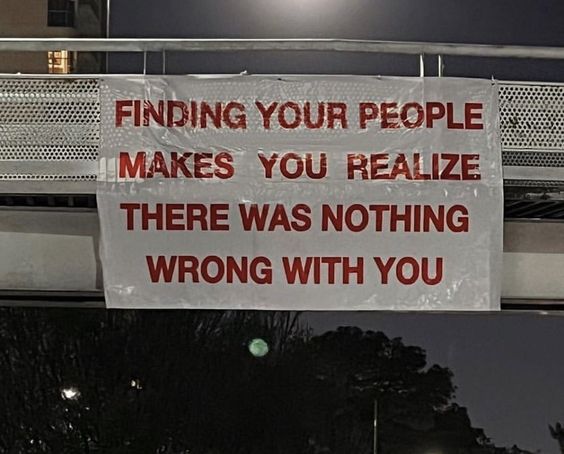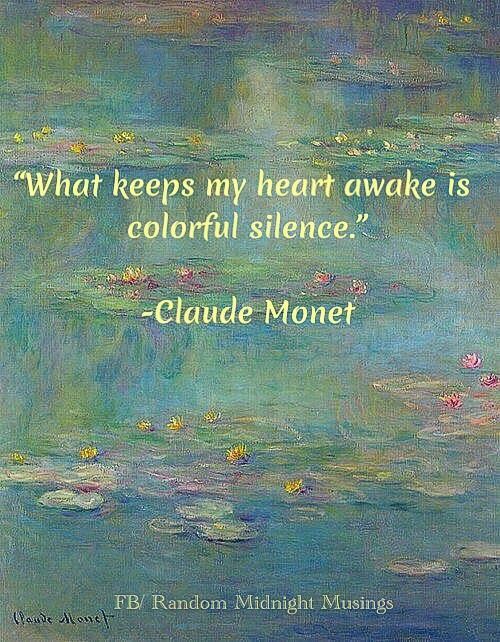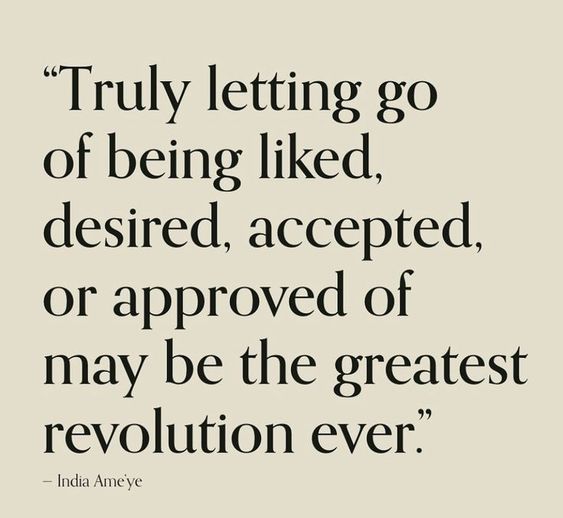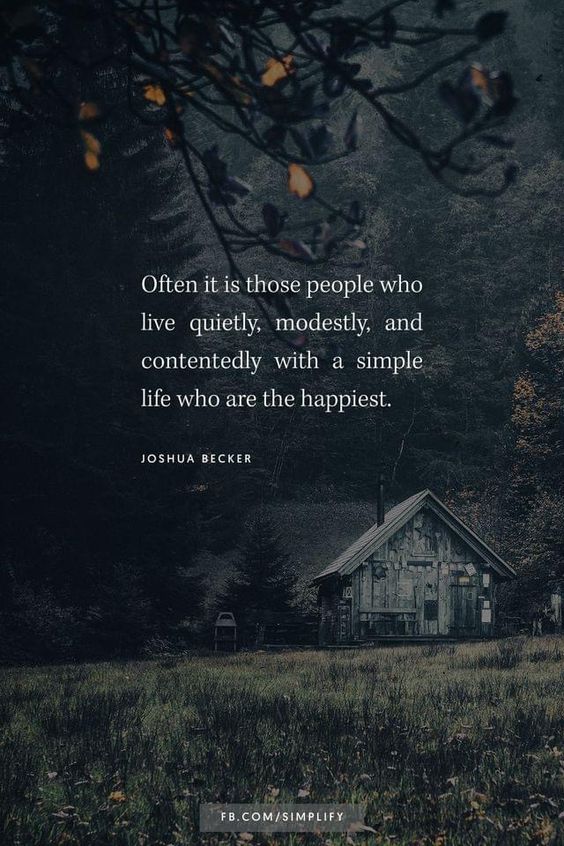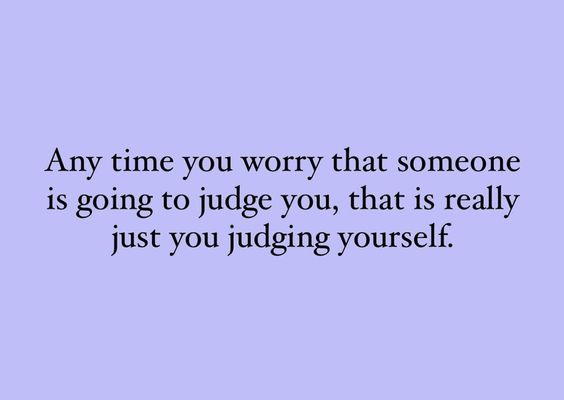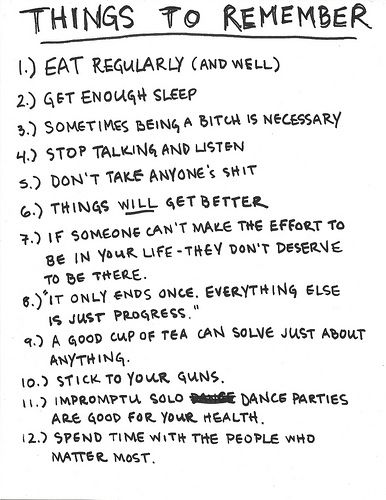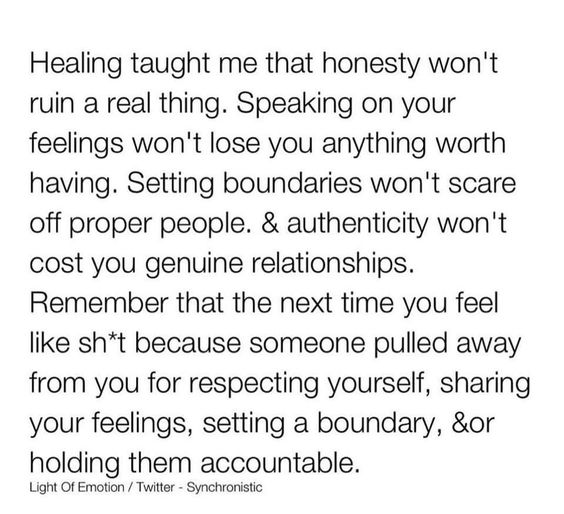“Whenever you see that something is creating misery, drop it then and there—don’t hold it for a single moment. This is courage: courage to live, courage to risk, courage to adventure. And only those who are courageous are one day rewarded by the whole, by light, by love, bliss, and benediction.”
Osho, Everyday Osho (Page 42)
“Don’t be distracted by anything. The work is what counts. There are a lot of things that can get in your way, that take up your time and your emotional and intellectual energy; none of them account for anything. They mean nothing. The only thing, in the final analysis, at this stage of the game, that really counts, is the work. The work is everything. The years that I spent in advertising I saw an awful lot of people who had the potential to be good lose a lot of their ability to distraction, to politics, to fear, and to who has the bigger office. You’ll get the bigger office; you’ll make the money. Anything you want will happen, but sometimes it’s hard for people to see that when they’re in the middle of it. It looks like it’s incredibly complicated. Well, it’s not complicated at all. In fact, it’s so uncomplicated it’s amazing. All it is about is the work. Finally, if you do the work people will notice and you will get what you want. That’s it. It’s as simple as that.”
Tom McElligott
“If you are not aware of what your body needs, you can’t take care of it. If you don’t feel hunger, you can’t nourish yourself. If you mistake anxiety for hunger, you may eat too much. And if you can’t feel when you’re satiated, you’ll keep eating. This is why cultivating sensory awareness is such a critical aspect of trauma recovery. Most traditional therapies downplay or ignore the moment-to-moment shifts in our inner sensory world. But these shifts carry the essence of the organism’s responses: the emotional states that are imprinted in the body’s chemical profile, in the viscera, in the contraction of the striated muscles of the face, throat, trunk, and limbs. Traumatized people need to learn that they can tolerate their sensations, befriend their inner experiences, and cultivate new action patterns.”
Bessel van der Kolk, The Body Keeps The Score (Page 275) | ★ Featured on this book list.
“It is an enormous challenge to find safe places to express the pain of trauma, which is why survivor groups like Alcoholics Anonymous, Adult Children of Alcoholics, Narcotics Anonymous, and other support groups can be so critical. Finding a responsive community in which to tell your truth makes recovery possible. That is also why survivors need professional therapists who are trained to listen to the agonizing details of their lives.”
Bessel van der Kolk, The Body Keeps The Score (Page 246) | ★ Featured on this book list.
“Never settle for any mediocrity, because that is a sin against life. Never ask that life should be without risk, and never ask for security, because that is asking for death.”
Osho, Everyday Osho (Page 41)
“Writing experiments from around the world, with grade school students, nursing home residents, medical students, maximum-security prisoners, arthritis sufferers, new mothers, and rape victims, consistently show that writing about upsetting events improves physical and mental health.”
Bessel van der Kolk, The Body Keeps The Score (Page 243) | ★ Featured on this book list.
“As functioning members of society, we’re supposed to be ‘cool’ in our day-to-day interactions and subordinate our feelings to the task at hand. When we talk with someone with whom we don’t feel completely safe, our social editor jumps in on full alert and our guard is up. Writing is different. If you ask your editor to leave you alone for a while, things will come out that you had no idea were there. You are free to go into a sort of a trance state in which your pen (or keyboard) seems to channel whatever bubbles up from inside. You can connect those self-observing and narrative parts of your brain without worrying about the reception you’ll get.”
Bessel van der Kolk, The Body Keeps The Score (Page 240) | ★ Featured on this book list.
“Finding words where words were absent before and, as a result, being able to share your deepest pain and deepest feelings with another human being… This is one of the most profound experiences we can have, and such resonance, in which hitherto unspoken words can be discovered, uttered, and received, is fundamental to healing the isolation of trauma—especially if other people in our lives have ignored or silenced us. Communicating fully is the opposite of being traumatized.”
Bessel van der Kolk, The Body Keeps The Score (Page 237) | ★ Featured on this book list.
“As long as you keep secrets and suppress information, you are fundamentally at war with yourself. Hiding your core feelings takes an enormous amount of energy, it saps your motivation to pursue worthwhile goals, and it leaves you feeling bored and shut down. Meanwhile, stress hormones keep flooding your body, leading to headaches, muscle aches, problems with your bowels or sexual functions—and irrational behaviors that may embarrass you and hurt the people around you. Only after you identify the source of these responses can you start using your feelings as signals of problems that require your urgent attention.”
Bessel van der Kolk, The Body Keeps The Score (Page 235) | ★ Featured on this book list.
“That’s what many people have managed to do; afraid of the depth, they have missed the peaks. One has to take risks. You have to pay for the peak, and the price is to be paid by your depth, your low moments. But it is worth it. Even one moment at the peak, the magic moment, is worth a whole life in the darkest depths. If you can touch heaven for one moment, you can be ready to live for the whole of eternity in hell. And it is always proportionate, have and half, fifty-fifty.”
Osho, Everyday Osho (Page 39)

